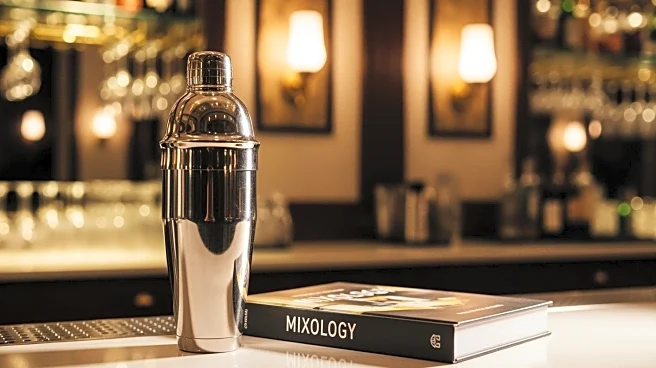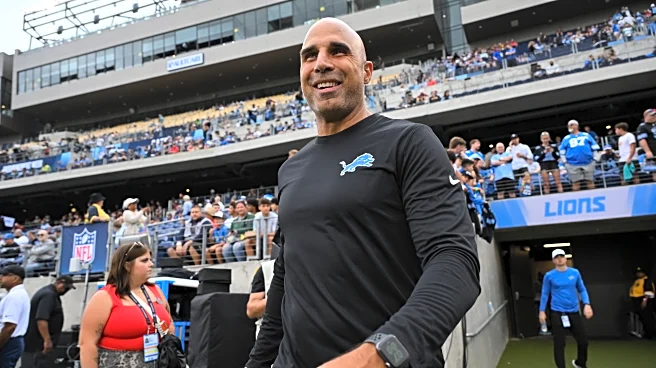What's Happening?
Alcohol marketers are facing increasing challenges due to potential regulatory changes and shifting consumer habits. The World Health Organization's recent stance on alcohol consumption has prompted discussions about stricter advertising regulations,
similar to those imposed on tobacco. In response, marketers are exploring alternative channels, such as leveraging bartenders as influencers to promote their brands. Bartenders, who make thousands of drink recommendations annually, are seen as key players in shaping consumer preferences and driving brand advocacy in a landscape where traditional media channels are becoming less reliable.
Why It's Important?
The potential for stricter regulations on alcohol advertising highlights the need for brands to adapt their marketing strategies. By focusing on bartenders as influencers, alcohol brands can maintain a presence in the market while navigating regulatory challenges. This approach also aligns with broader trends in marketing, where real-world, word-of-mouth influence is becoming increasingly valuable. As consumer preferences shift towards wellness and transparency, brands that can effectively engage with consumers through trusted channels like bartenders may gain a competitive edge.
Beyond the Headlines
The reliance on bartenders as influencers raises questions about the ethics and effectiveness of this strategy. While bartenders can provide valuable recommendations, brands must ensure that their marketing efforts align with responsible drinking messages and do not glamorize alcohol consumption. Additionally, the focus on bartenders highlights the importance of training and supporting these key influencers to ensure they can effectively advocate for brands. As the alcohol industry continues to evolve, marketers will need to balance innovation with ethical considerations to maintain consumer trust.















